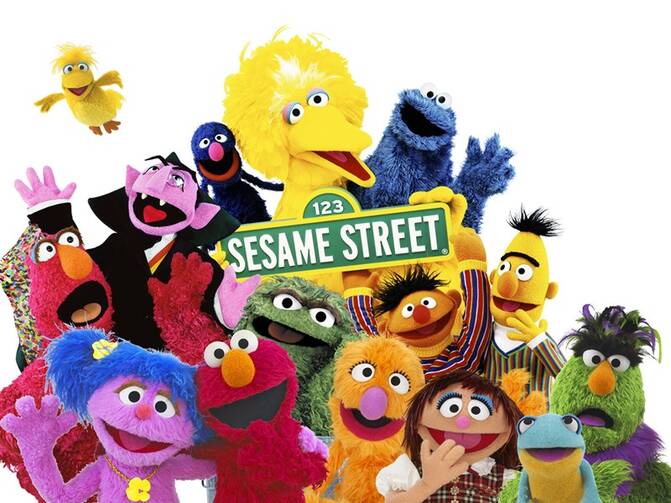On Thursday PBS, HBO and the Sesame Workshop announced a new five year deal by which “Sesame Street” will debut its new episodes on premium cable network HBO starting this fall.
The deal has definite upsides, most especially ongoing financial security. In the wake of diminishing DVD sales and PBS’ own tightening budget, the Sesame Workshop lost $11 million last year alone.
But there are reasons for concern, as well, none larger than the fact that a show whose mission has been tied from the beginning to the education of underprivileged children now requires a subscription to be seen in first run. (All episodes will also be shown on PBS, on a nine month delay.)
Tim Winter, president of the Parents Television Council, put the problem even most starkly to the New York Times yesterday: “In order to watch original episodes of the most iconic children’s program in television history, parents are now forced to fork over about $180 per year and subscribe to the most sexually explicit, most graphically violent television network in America. I can’t imagine a greater juxtaposition in television than this.” And indeed, HBO must guarantee that no ads for adult programming will ever be shown while “Sesame Street” airs.
But the bigger concern is what this move says about us. For 46 years now, “Sesame Street” has been the greatest and most important public television project in the world, and perhaps the most undeniably benevolent social venture, as well. It has always been—and will remain—a non-profit effort focused entirely on helping kids to learn. And while the show was on PBS, it felt like we were a part of that effort, in that it was our tax dollars and our donations to PBS that helped make the show happen.
The fact that the Sesame Workshop and PBS have partnered with HBO would seem to suggest that we have stopped doing our part and instead left it to someone else to deal with (even as we continue to rely on "Sesame Street" to help form our children).
“Sesame Street” creator Jane Ganz Cooney first decided to get involved in television in the 1950s, after encountering Father James Keller, founder of the Christopher Movement. “Father Keller said if idealists didn’t go into the media, nonidealists would,” she later told a television historian.
HBO has long been a bastion of a sort of idealism, creating television shows that again and again have broken new ground in vision, character and style. But today the question is, Whatever happened to our idealism? Because it’s starting to look like we think being an idealist means wearing an Apple Watch.








